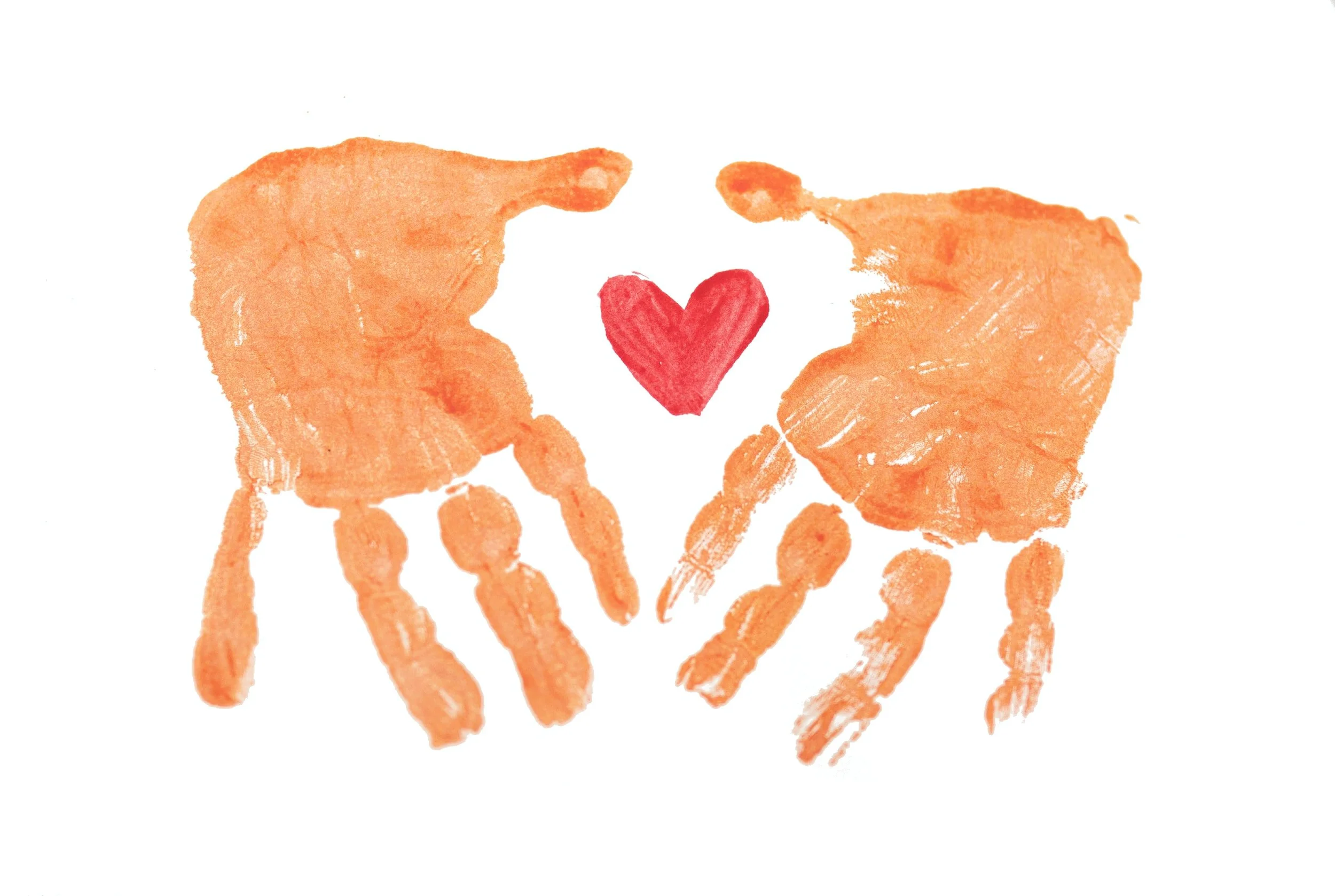CAREGIVERS; BEHIND THE SCENES FRONTLINE WORKERS, HOW TO REDUCE ANXIETY IN YOUR HOME
by: Rebecca Zeitlin, LCSW
It’s 6am and your alarm goes off; it’s time to start your day. The day looks very similar to the one before it. You roll out of bed and get your child set-up for virtual schooling. After struggling with the computer for fifteen minutes, you finally get it to work. Then, you walk fifteen steps into your home office. Throughout the day, you try and balance juggling elementary school math questions that you haven’t practiced in years with your own job. You listen to your child’s anxiety and stress about adapting to all of the changes while managing your own stress brought on by the pandemic. Does this sound familiar? Many caregivers are struggling with similar situations.
Caregivers have faced a lot of challenges this year, such as deciding whether or not to send their child back to school, figuring out a new home routine, and becoming a homeschool teacher overnight. Changes to our usual way of life can make us feel anxious and unsafe. More than one third of Americans have reported that the pandemic is having a serious impact on their mental health. So how can you support your child while managing your own stress caused by the pandemic? Here are some helpful strategies to reduce anxiety in your home.
Practice Self-Care: It is true when they say you cannot care for others if your own needs aren’t being met. Children create healthy habits when they are modeled by caregivers. Allow time to do something you enjoy as a family, such as read a book, take a walk, engage in art, practice yoga, play an instrument, watch a good movie, meditate, do a puzzle, etc.. Make sure to schedule time for pleasurable activities daily.
Create a Routine: Children perform best when they have a schedule or set routine. It allows them to feel safe because they know what to expect. Creating a family schedule can help to keep everyone on track. You can use visual schedules or calendars for young children who cannot read. This can even turn into a rewards system if you wish to help your child stay focused throughout the day.
Limit Screen Time: It is important for caregivers to stay informed with current events. However, the news can be extremely scary and confusing for children. Even for adults, the oversaturation of media can lead to induced fear. Limiting screen time can ease anxiety for both child and caregiver. Try setting limits on your child’s device or set your alarm to limit the amount of media viewed per day.
Address and Explore Fears: It’s perfectly normal that your child might be expressing feelings of worry or fear during this unprecedented time. It is common for children who have difficulties expressing themselves to show anxiety and fear through acting-out behaviors, such as increased aggression. You may need to offer extra reassurance and support. Create a safe space for your child to express their worries. Only provide them with developmentally appropriate information about the pandemic. Normalize their feelings and give them a sense of hope.
Find Ways To Connect: While it may not be safe to see family and friends right now, the need for social support is greatest during a pandemic. Lack of social support and isolation can cause psychosocial problems. For those with existing mental health issues, lack of connection can cause increased concerns. Zoom, Google Meets, texting, Facetime, and socially distant hangouts are ways to avoid social isolation caused by the pandemic. It is important for both you and your child to feel connected to your loved ones and community during this challenging time.
If you or a loved one is struggling, know that you are not alone. It’s important to know when to reach out to a mental health provider if you need extra support. In a crisis situation, call 911 or go to your nearest emergency room. If you are looking for support during a non-crisis situation, please contact our office.
References:
“Advice for Caregivers of Children with Disabilities in the Era of COVID-19.” American Psychological Association, March 2020.
“Coping with Stress.” Centers for Disease Control and Prevention, July 1, 2020. https://www.cdc.gov/coronavirus/2019-ncov/daily-life-coping/managing-stress-anxiety.html.
Usher, Kim, Navjot Bhullar, and Debra Jackson. “Life in the pandemic: Social Isolation and Mental Health,” Journal of Clinical Nursing, 29, no. 15–16 (April 6, 2020): 2756–57.

